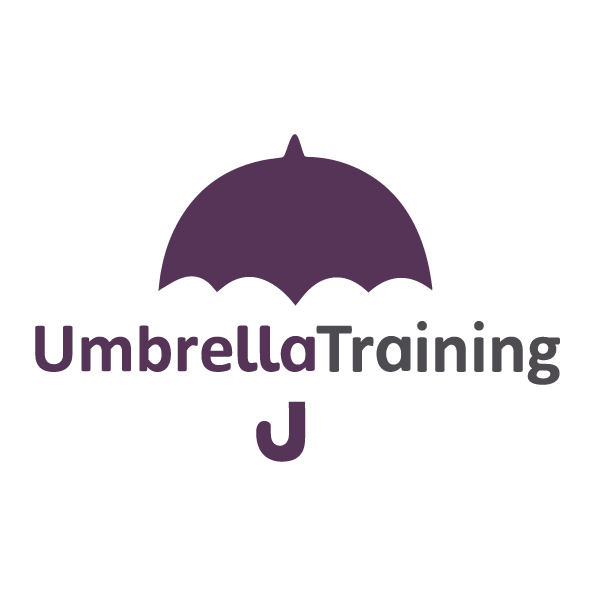#WednesdayWisdom - ‘Play to your strengths and discover your unique superpowers!’ with Kelly Burley
Kelly Burley
I work with clients to help them find more clarity and discover their strengths so that they can lead more fulfilling lives.
My coaching programme enables people to develop greater mental fitness and sustainable habits to achieve their goals. To find out more check out the following or contact me to learn about how I can help you.
Website: www.kellyburley.com
Linkedin: www.linkedin.com/in/kelly-burley-43629643
Facebook: https://www.facebook.com/kellyburleymentalwellbeingcoach
Link to book a sample coaching session: https://calendly.com/kellyburleycoach/45min
Play to your strengths and discover your unique superpowers!
Everyone is unique and brings something to the world that no one else can. The truth is that usually we spend most of our time focussing on our weaknesses and areas to develop that we forget our strengths.
However, studies show that when we play to our strengths the results are exponential, our psychological wellbeing increases and we feel more positive.
Gallup , a company which performs significant research into strengths and has developed its own index into different strengths believes that performance (at an individual and organisational level) is significantly improved when people use their strengths on a daily basis.
This is because when you spend time undertaking things that you excel at and are passionate about, you feel energised rather than the energy being sucked from you.
What are your strengths?
Ultimately your strengths are a combination of what you naturally excel at, and are truly passionate about. The combination of passion and mastery is what makes them a superpower!
Most people however, are unaware of their key strengths - so how can you discover them? The best way to start is to do one (or all) of the following:
1. Get feedback:
Speak to people you trust, like friends, partners and family members. What do they value about you?
What are you usually praised or relied on for? Are you the person people go to for advice because you always know the right thing to do?
Or maybe you are very empathetic, or great at organising events and parties?
2. Think about your natural talents:
Thinking back to what you enjoyed doing as a child can be a helpful exercise.
What do you find easy and natural to do?
What do you enjoy doing that makes the time pass quickly, that you really enjoy and doesn’t feel like work?
These talents could include being a great team player (maybe you loved team sports as a child), perseverance or creativity.
3. Key accomplishments:
Think about a time when you achieved something that you were proud of and enjoyed doing. What were you doing and what is important about this achievement to you?
What feedback did you receive? Maybe it was a presentation that you gave, or something personal like managing a difficult illness or organising an event for a loved one.
Big or small, the important thing is its importance to you and was something you enjoyed doing and are proud of.
Once you have done this, list out the skills that are present in these examples.
Whilst strengths relate to the things you are naturally good at and passionate about, skills are the competencies that you can learn and hone but that require practice to become second nature.
For example, a strength might be that you are a people person, you naturally talk to people with ease and read social situations well, whilst a skill might be that you are competent at public speaking.
Start to notice any synergies and patterns between your lists. What stands out and what are you particularly passionate about?
Bring your strengths to life
Once you have identified your key strengths (and the skills that they use), the next step is to think about how you can use these more in your life.
After all what is the use of having a superpower if you never use it? Here are some ways you can do this:
· Identify your goals:
Plan out long and short-term goals to start to increasingly focus on your strengths in work and home life, for example redesigning your job to focus more on your strengths or taking up hobbies which reflect your strengths.
· Start small:
Think about how can you start to use them everyday? What small steps can you take now to focus on your strengths and create lasting habits?
For example, if a key strength was creativity, you might choose to cultivate this by a short daily practice of journaling, drawing or even gardening (however that creativity manifests itself).
· Elect to focus on your strengths:
Start to cultivate conscious choice by choose to work on projects that emphasise your strengths and (where possible) do less that focusses on your weaknesses.
For example, your strength might be coaching and managing people but perhaps you don’t currently have any direct reports. In this case you might look at being involved in a formal mentoring programme or developing relationships with more junior colleagues who might be looking for support and guidance.
Remember that playing to your strengths means you are more likely to enjoy yourself, feel good about yourself and succeed!
Even taking small steps towards making your strengths a larger part of your life can result in big changes to your mindset and wellbeing in the long run.
Kelly Burley - March 2021










